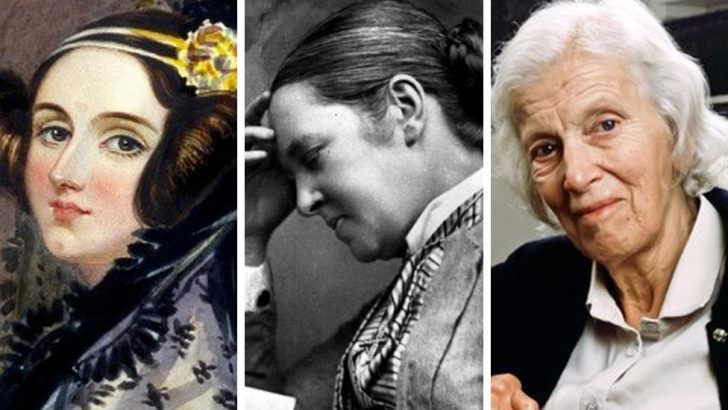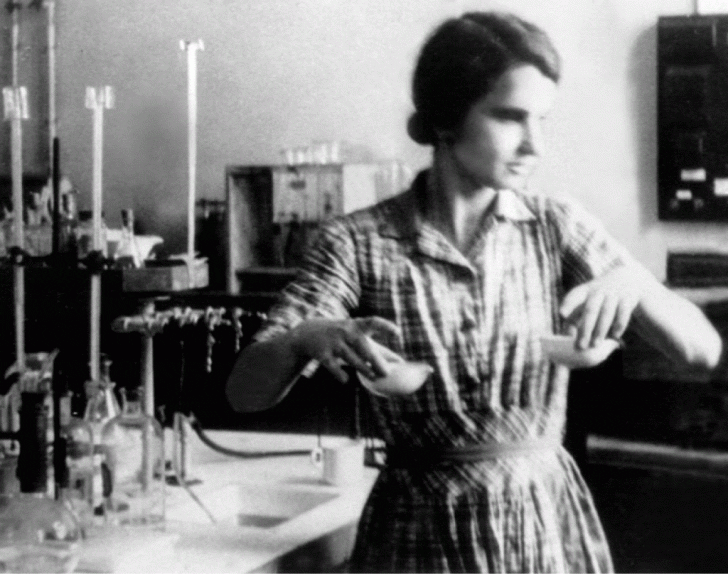Scientists across the globe are constantly fighting to overcome numerous fundamental issues of humanity. From existential questions to disastrous human crises, these scientists come up with modern-day solutions. However, women – who are often overlooked for their contributions to society – have equal contributions to science.

8th March 2022 marks this year’s International Women Day. This celebration aims at appreciating women who contribute to the better good of human society. At the same time, this dedicated day aims to motivate women and give them their rights.
An Unbiased Science is the Crying Need of the Day
The sad reality about science – despite their worthwhile contributions – is that women are often overlooked in the field. Potential and talented women who have the urge to contribute to science yearn to reserve a seat in the field. That is, women find gender discrimination as a major obstacle prior to becoming a member of the scientific field. Once they reserve a seat, they fight with recognition issues as society does not accept women.

Perhaps the most depressing example of gender discrimination in science is Rosalind Franklin. In the 1940s, she was the first woman to discover the novel structure of DNA. At the time, it was considered one of the worthwhile contributions to science – by a woman.
Unfortunately, Rosalind was the victim of gender discrimination in science. The discrimination became obvious when she resigned from her designation and her colleague, Maurice Wilkins, made public remarks about her. “Net week, our black lady is leaving,” Wilkins announced in 1953, before Rosalind’s resignation. He went on to say that his female colleague (Rosalind) was “obstructive,” and as “the dark lady departs, they will recode the discovered structure of DNA.”
The problem with Rosalind Franklin was not her professional expertise. It was, rather, her skin color and the Jewish family that she was born. On top of that, she was a woman.

Rosalind Franklin was A Strong Woman and an Impeccable Chemist
Rosalind Franklin was among those Jewish women of the 20th century who fought gender discrimination and male patriarchy in science. Born in a Jewish family in London, she studied science as her major interest and became a member of the London King’s College – which was a herculean task in itself.
As she joined King’s College London, she faced numberless obstacles only because she was a liberal Jewish woman. The history of science is filled with women’s contributions to science, but most of those contributions go unheard. This International Women’s Day, let’s say a big “NO” to gender discrimination and appreciate women’s contributions to science – for the better good of humanity.


